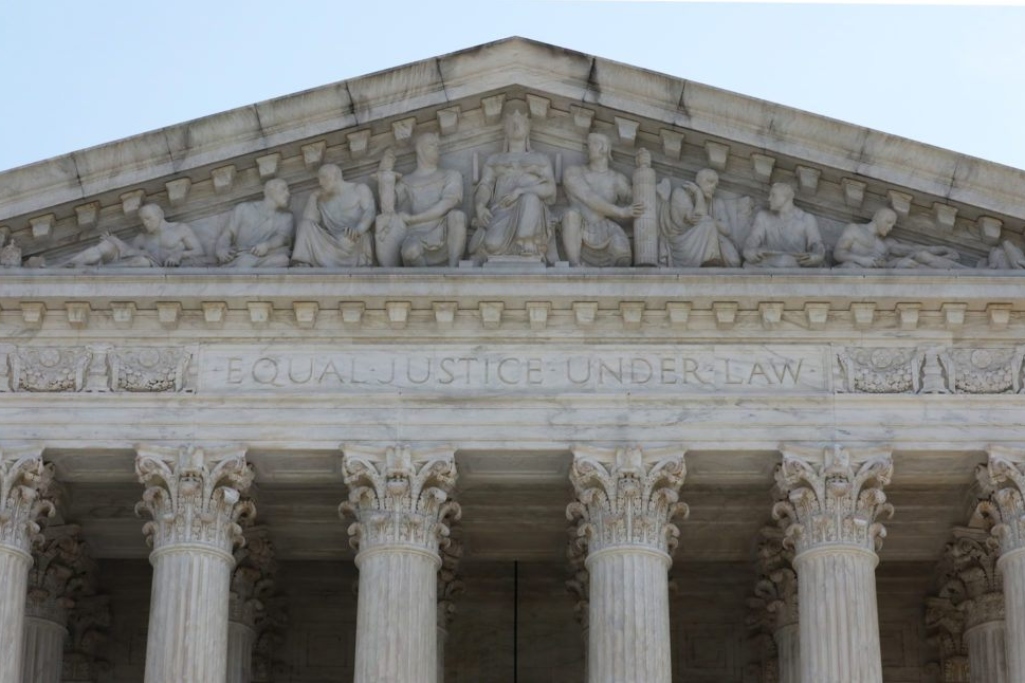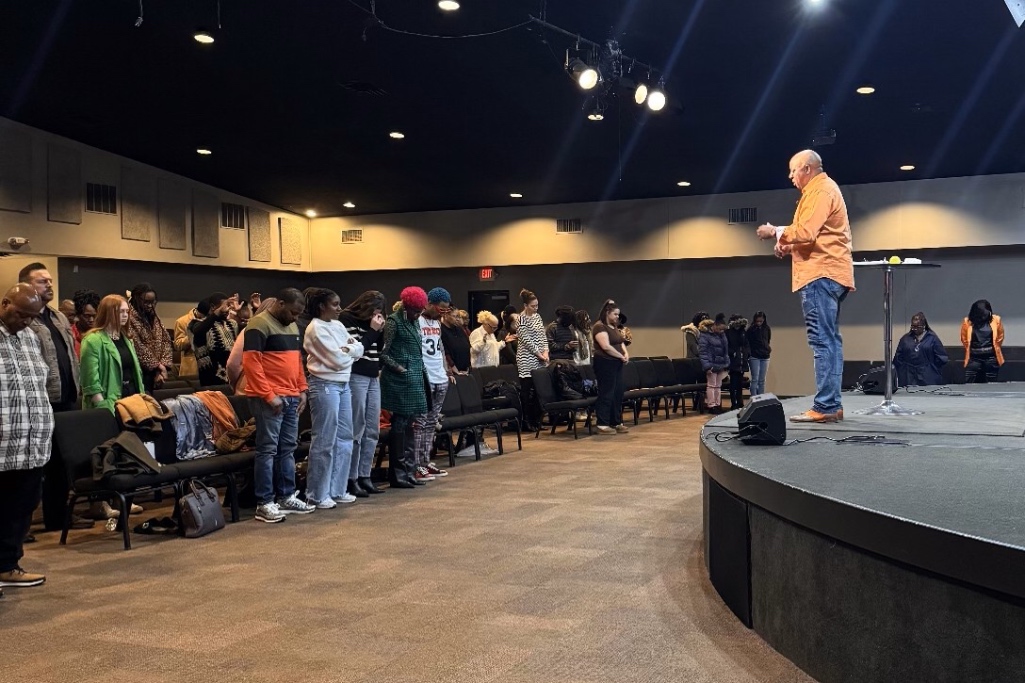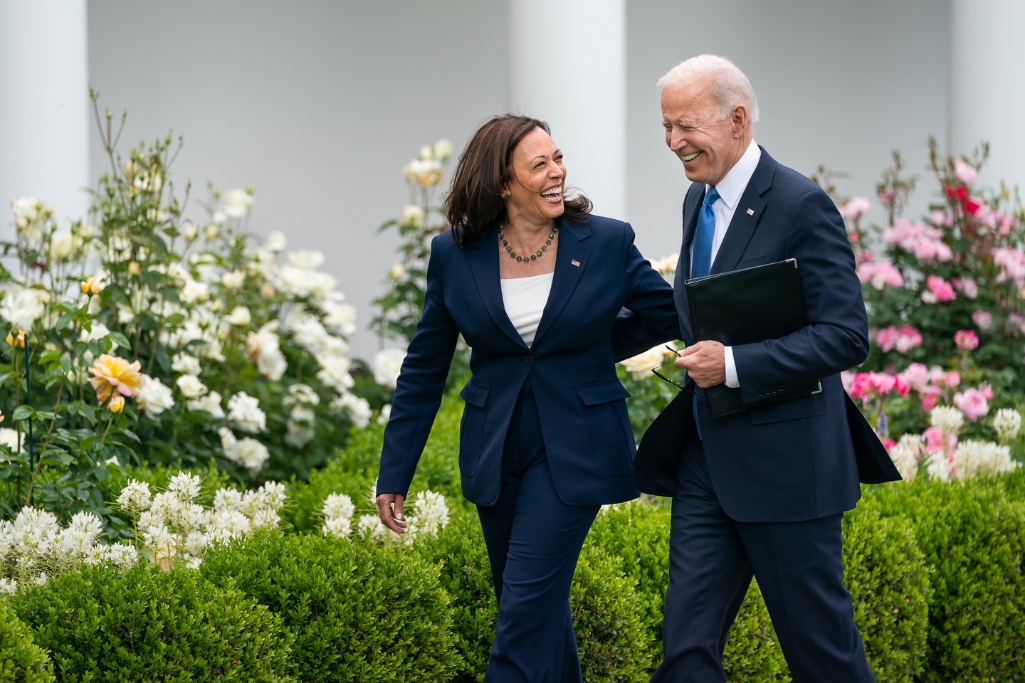
The U.S. Supreme Court.
WASHINGTON (BP) — Although therapy known as gay conversion is at the center of arguments delivered to Supreme Court justices yesterday, those supporting a Colorado counselor say the case is a matter of free speech and unlawfully privileging one opinion over another.
Chiles v. Salazar shows the “hostility toward those who believe what the Bible teaches and want the freedom to live according to those beliefs in their professional lives,” said Miles Mullin, executive vice president for the Ethics & Religious Liberty Commission. “Today it was clear that the state of Colorado wants to silence those citizens with whom it disagrees.”
Their lines of questioning seemed to place justices siding with Kaley Chiles, a licensed counselor who argues that a 2019 Colorado law violated her freedom of speech. Under the law, she was prohibited from engaging in discussions about sexual orientation or gender identity when approached to do so by clients under the age of 18.
The law, however, allows for counseling conversations pushing adolescents toward a gender identity different from their sex. Penalties for violating the law include suspension and license revocation.
On the progressive side, Justice Elena Kagan identified with an earlier question from her conservative counterpart, Samuel Alito, on “viewpoint discrimination.”
“[I]f a doctor says I know you identify as gay, and I’m going to help you accept that, and another doctor says I know you identify as gay, and I’m going to help you to change that, and one of those is permissible and the other is not, that seems like viewpoint discrimination in the way we would normally understand viewpoint discrimination,” Kagan said.
Alliance Defending Freedom (ADF) attorney Jim Campbell told reporters after the arguments that the Colorado law is “blatantly viewpoint discriminatory.
“It allows counselors to help a child pursue the path of gender transition,” he said. “But if a child instead wants to consider getting comfortable with their body and realigning their identity with their sex, this law says they can’t talk to a licensed counselor in the state of Colorado.
“That’s unfortunate, because it’s harming kids every day. There are kids struggling with issues of gender dysphoria, and this law tells them that if they’re seeking help in one direction, that licensed mental health professionals and counselors are not available to them.”
The Colorado law exempts religious ministries and hasn’t been used to sanction anyone yet. State attorneys argue that therapy like Chiles’ should be considered healthcare and under such regulation as any other practice that requires oversight for the sake of public safety.
ADF attorneys cited the case of the National Institute of Family and Life Advocates (NIFLA) v. Becerra in 2018, in which the Supreme Court ruled 5-4 that a California law likely violated the First Amendment rights of pro-life centers in mandating that they tell clients about state-sponsored, free or low-cost abortion services.
Citing the majority of justices as “unconvinced” of Colorado’s arguments, Mullin called on others to pray “for a strong ruling that protects our freedom of speech.
“As we do, let us also remember to pray for those in Colorado who are struggling to accept who the Lord has made them to be and the faithful Christian counselors in Colorado who are serving them,” he added. “Pray that the gospel will transform their lives and that they recognize God’s good and perfect design for them.”
A ruling is expected next spring when the Supreme Court concludes its current term in late June.
(EDITOR’S NOTE — Scott Barkley is chief national correspondent for Baptist Press.)


